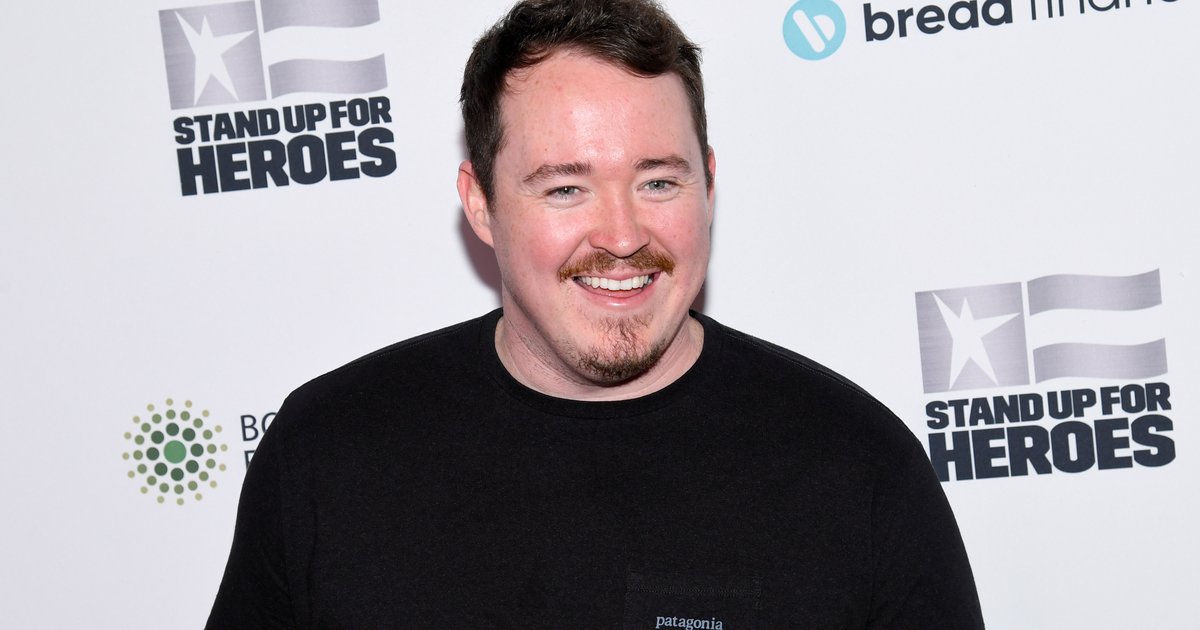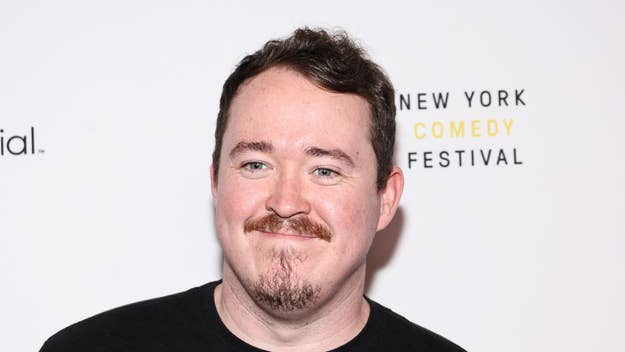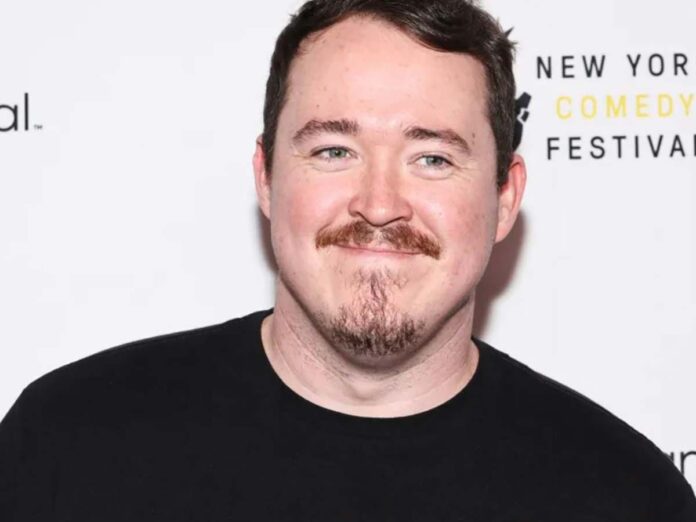Racist jokes, particularly those targeting Black individuals, have deep historical roots and far-reaching consequences. These “jokes” are not mere harmless banter; they perpetuate damaging stereotypes, foster discriminatory attitudes, and inflict psychological and emotional harm on individuals and communities. This article delves into the complex and multifaceted impact of Black racist jokes, exploring their origins, the role of media in their perpetuation, and real-life case studies that highlight their devastating effects. Additionally, we will examine the legal and social responses to such humor, and offer strategies for education and awareness. By promoting inclusive and respectful humor, we aim to challenge and ultimately eradicate the harmful practice of racist joking.
Let’s investigate this topic extensively with iigoi.com
1. Historical Context and Origins of Black Racist Jokes
The origins of Black racist jokes can be traced back to the era of slavery and segregation in the United States. During this time, racist humor was a tool used to dehumanize Black people and reinforce their subjugation. Minstrel shows in the 19th century, where white performers in blackface depicted Black people as buffoons, played a significant role in popularizing these harmful stereotypes. These depictions persisted into the 20th century through various forms of media, including radio, television, and film, which further entrenched these damaging caricatures in popular culture. The jokes served not only as entertainment but also as a means to justify and normalize the systemic racism and inequality that Black individuals faced. Understanding the historical context of Black racist jokes is crucial, as it reveals how deeply embedded these stereotypes are in societal structures and highlights the long-standing battle against racial prejudice and discrimination.

2. The Psychological and Emotional Impact on Individuals and Communities
The psychological and emotional impact of Black racist jokes on individuals and communities is profound and damaging. These jokes perpetuate negative stereotypes and reinforce a sense of inferiority and marginalization among Black individuals. On a personal level, being the target of such humor can lead to feelings of shame, anger, and helplessness. It can erode self-esteem, cause anxiety, and contribute to mental health issues such as depression and post-traumatic stress disorder (PTSD).
For communities, the effects are equally detrimental. Racist jokes foster an environment of hostility and exclusion, undermining social cohesion and perpetuating racial divisions. They normalize discriminatory attitudes and behaviors, making it more difficult for Black communities to achieve social and economic equality. The internalization of these negative stereotypes can lead to a collective trauma, affecting the overall well-being and resilience of the community.
Moreover, the widespread acceptance of racist humor in society can discourage individuals from speaking out against racism, perpetuating a cycle of silence and complicity. This reluctance to confront and challenge offensive behavior allows racism to persist and thrive in various forms. Addressing the psychological and emotional impact of Black racist jokes is essential for fostering a more inclusive and respectful society. It requires not only individual awareness and sensitivity but also systemic change to eradicate the deeply rooted prejudices that fuel such harmful humor.

3. The Role of Media and Popular Culture in Perpetuating Stereotypes
Media and popular culture have played significant roles in perpetuating stereotypes about Black individuals through racist jokes. Historically, television shows, movies, and even cartoons have depicted Black characters in demeaning and stereotypical roles, often as the butt of jokes. These portrayals reinforce negative images and attitudes, making them appear normal and acceptable to wide audiences.
In the early days of film and television, Black characters were frequently depicted as lazy, foolish, or subservient, reinforcing harmful stereotypes. These portrayals were not just limited to overtly racist content; even mainstream media often subtly perpetuated these stereotypes through jokes and humor that demeaned Black individuals.
Contemporary media continues to struggle with these issues. While there has been progress in representation, racist jokes and stereotypes still surface in various forms, from stand-up comedy to internet memes. Social media platforms, in particular, can amplify these harmful jokes, spreading them quickly and widely.
The normalization of racist humor in media desensitizes audiences to its harmful effects and perpetuates a cycle of prejudice and discrimination. It also creates an environment where such jokes are tolerated and even encouraged, making it harder to challenge and eradicate these harmful stereotypes. Addressing the role of media and popular culture is crucial in combating the persistence of racist humor and fostering a more inclusive society.

4. Case Studies: Real-Life Consequences of Racist Humor
Real-life consequences of racist humor can be severe, affecting individuals and communities in profound ways. One notable case is that of high school student Jessica Prince, who was the target of a racist joke at a school event. The joke, which relied on negative stereotypes about Black people, led to Jessica experiencing significant distress and anxiety. She reported feeling isolated and dehumanized, which adversely impacted her academic performance and mental health. This incident also sparked tensions within the school, highlighting the broader communal impact of such humor.
Another case involved a professional setting where racist jokes were casually exchanged among colleagues. A Black employee, Marcus Johnson, found himself repeatedly subjected to these jokes, which were often dismissed as harmless banter. Over time, Marcus experienced a decline in his job satisfaction and work performance, leading him to file a complaint. The situation escalated, resulting in a lawsuit and negative publicity for the company, which eventually implemented mandatory sensitivity training and revised its policies to prevent such behavior in the future.
These cases illustrate that racist humor is far from harmless. It can lead to emotional trauma, social alienation, and professional setbacks for individuals, while also damaging the fabric of communities and organizations, underscoring the urgent need for systemic change.

5. Legal and Social Responses to Racist Jokes
Legal and social responses to racist jokes have evolved over time to address their harmful impact. Legally, many countries have enacted laws that classify racist jokes and hate speech as forms of discrimination and harassment. In the workplace, for example, anti-discrimination laws require employers to take action against racist behavior, including jokes, to ensure a safe and inclusive environment. Legal repercussions can include fines, mandatory training, and in severe cases, lawsuits.
Socially, there has been a growing movement to condemn and challenge racist humor. Activism and advocacy groups work to raise awareness about the damaging effects of such jokes and promote respectful and inclusive dialogue. Social media campaigns and public statements by influential figures have also played a role in shifting societal attitudes. These efforts aim to create a culture where racist jokes are not tolerated and where individuals are encouraged to speak out against prejudice, fostering a more respectful and equitable society.

6. Strategies for Educating and Raising Awareness
Educating and raising awareness about the impact of racist jokes requires a multifaceted approach. One effective strategy is implementing comprehensive diversity and sensitivity training programs in schools, workplaces, and community organizations. These programs can help individuals understand the historical context and harmful effects of racist humor, fostering empathy and respect.
Another key strategy is incorporating anti-racism education into school curricula, teaching students about the consequences of discriminatory behavior from a young age. This education should include discussions about media literacy, helping students critically analyze and challenge racist stereotypes perpetuated in popular culture.
Public awareness campaigns can also play a crucial role. Utilizing social media, public service announcements, and community events to spread messages about the importance of respectful humor and the negative impact of racist jokes can reach a wide audience.
Encouraging open dialogue and providing safe spaces for discussions about race and humor can further help individuals confront and change their attitudes. By combining education, awareness, and open communication, society can move towards eradicating the harmful practice of racist joking.

Understanding the impact of Black racist jokes highlights the need for societal change. By addressing historical context, psychological effects, media influence, and real-life consequences, we can promote awareness and inclusivity. Embracing respectful humor and educating communities are crucial steps toward fostering a more equitable and empathetic society.
iigoi.com
